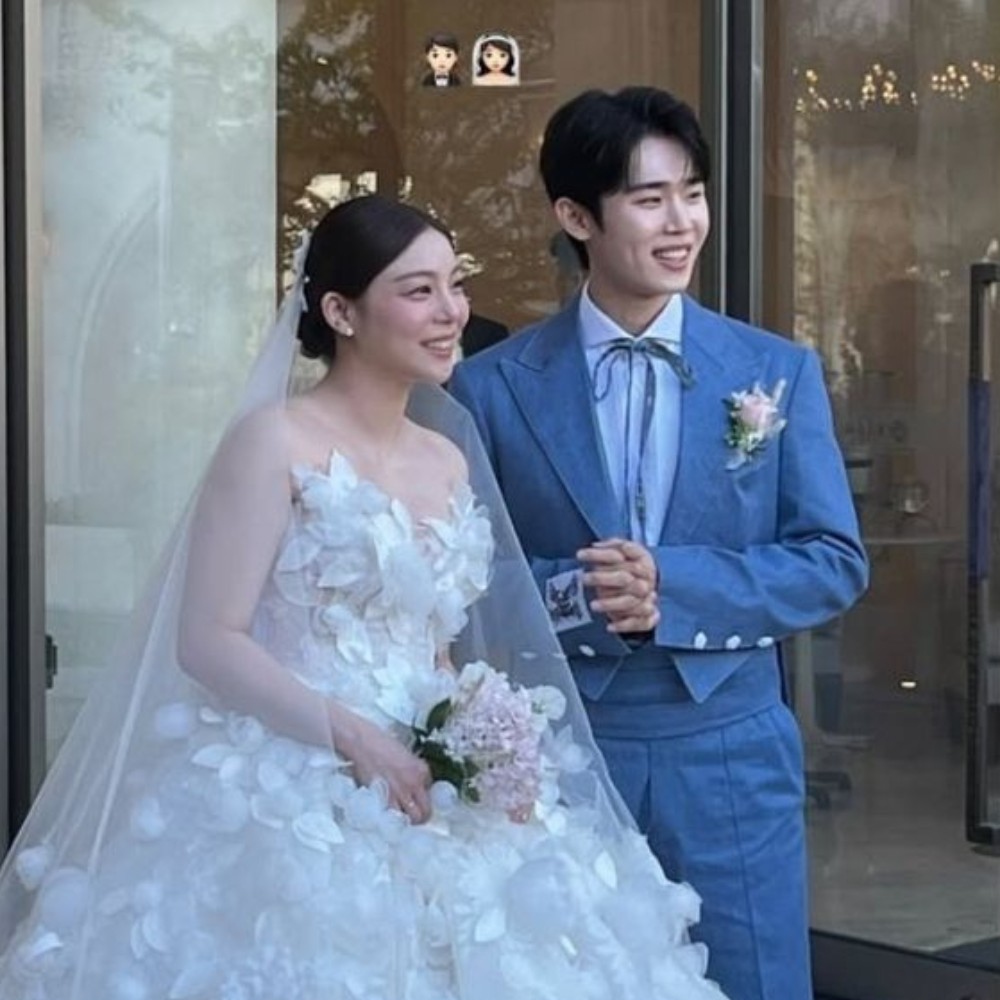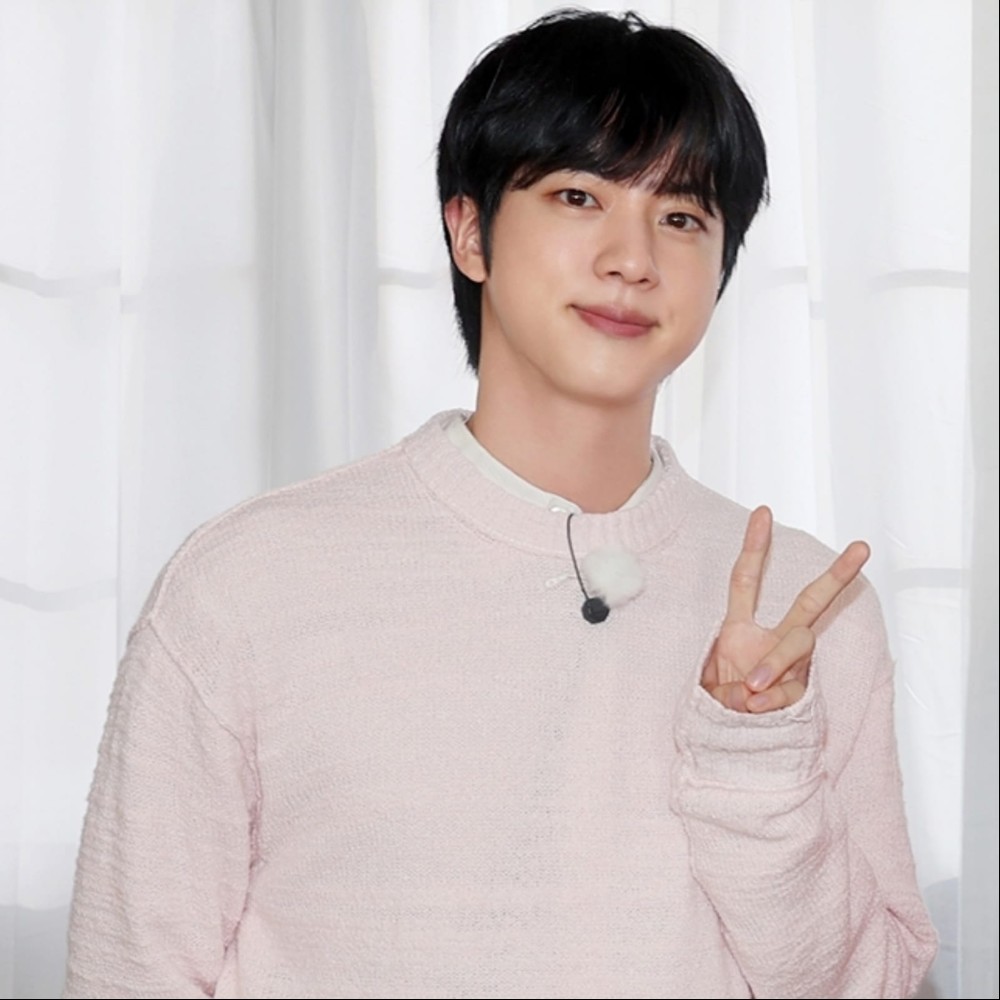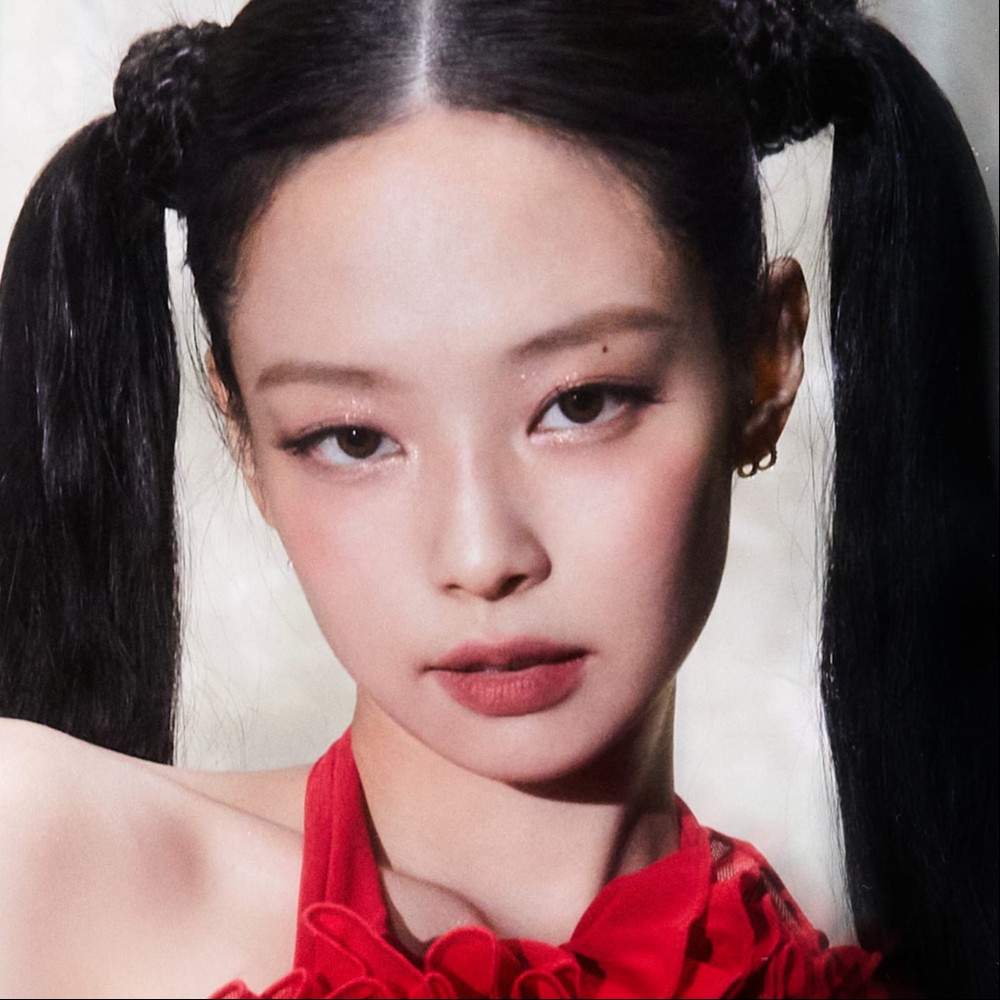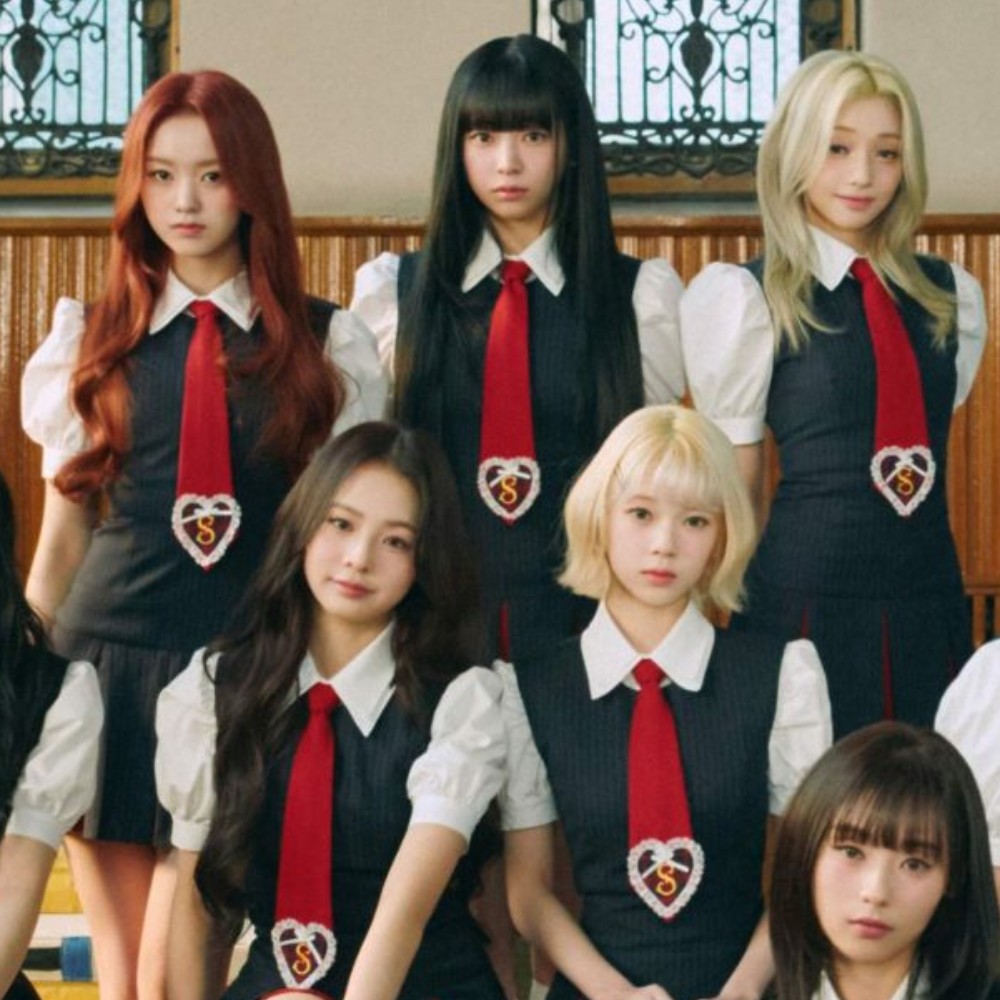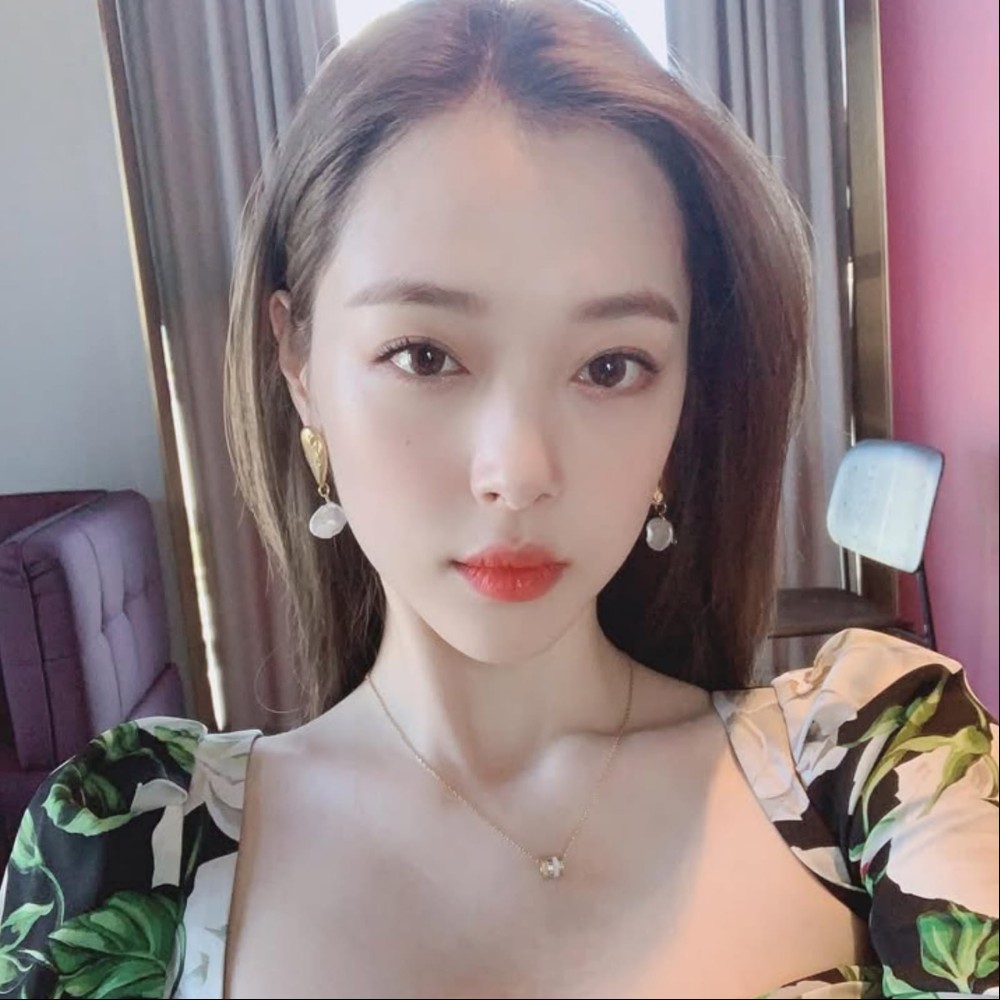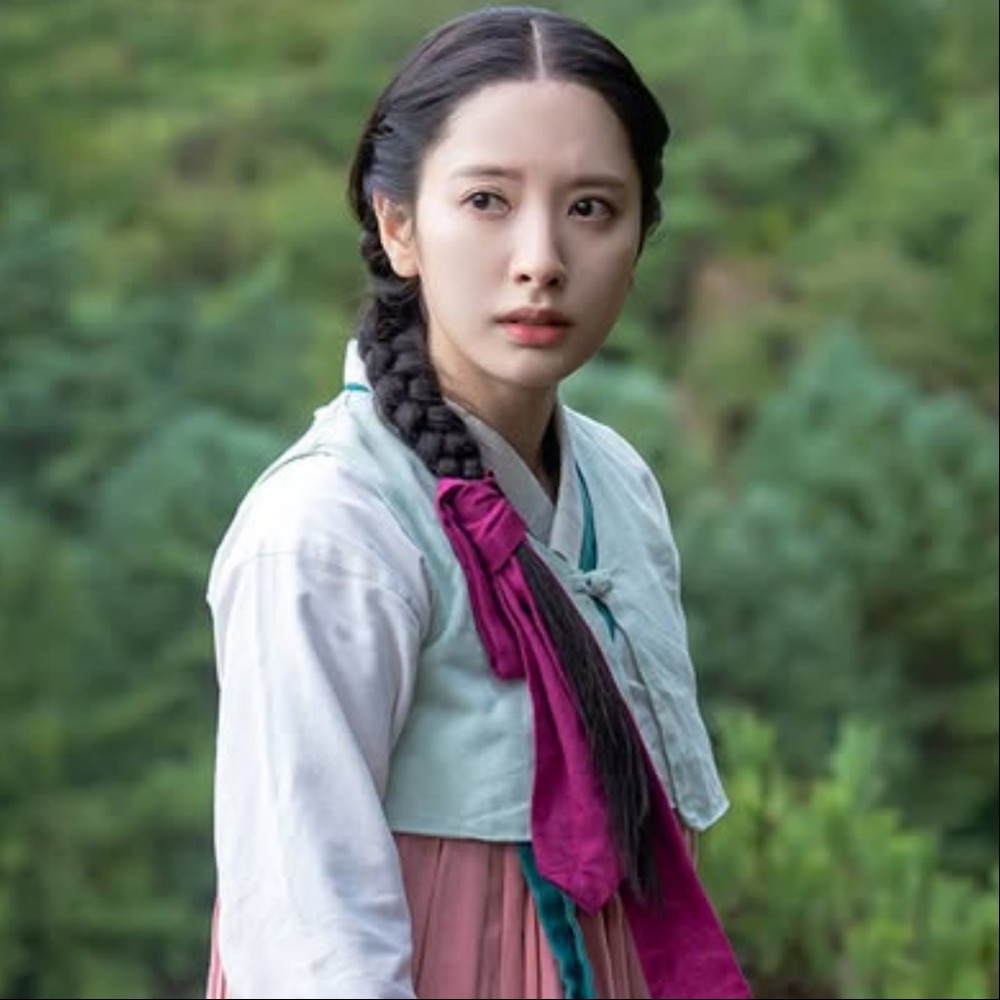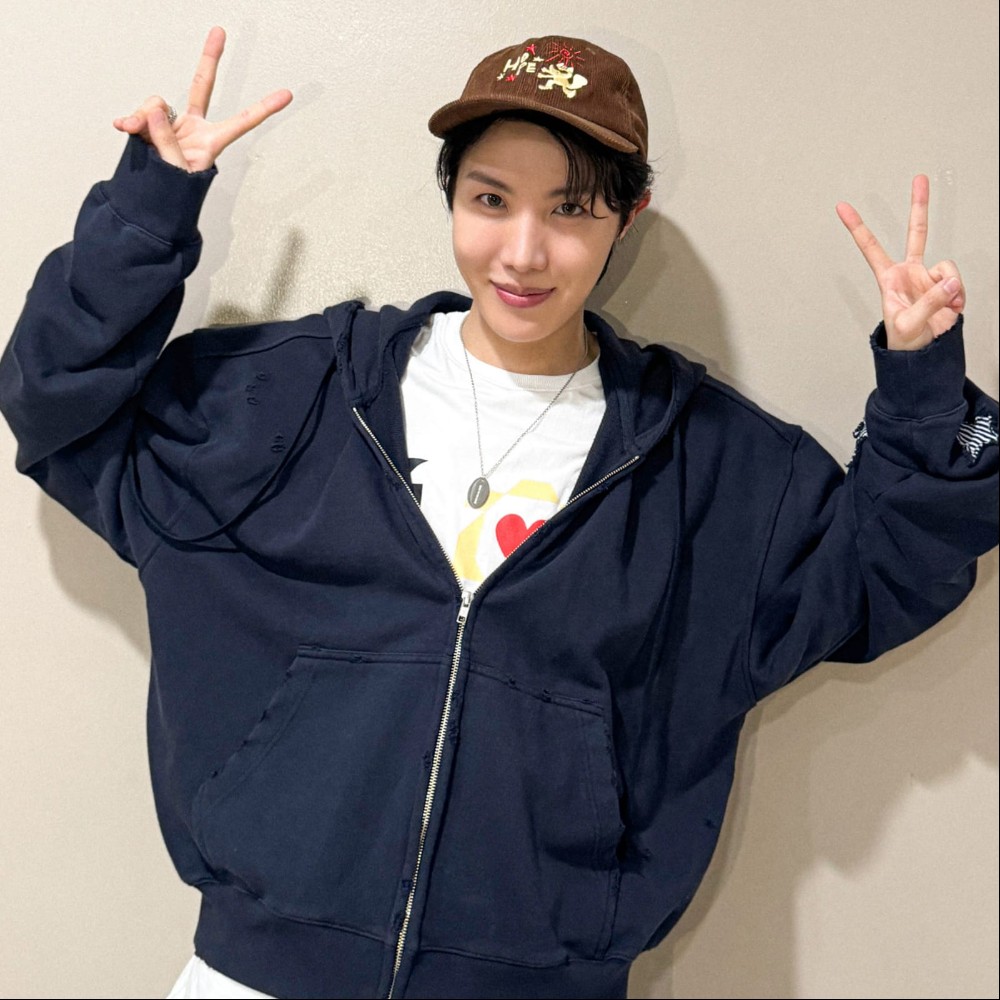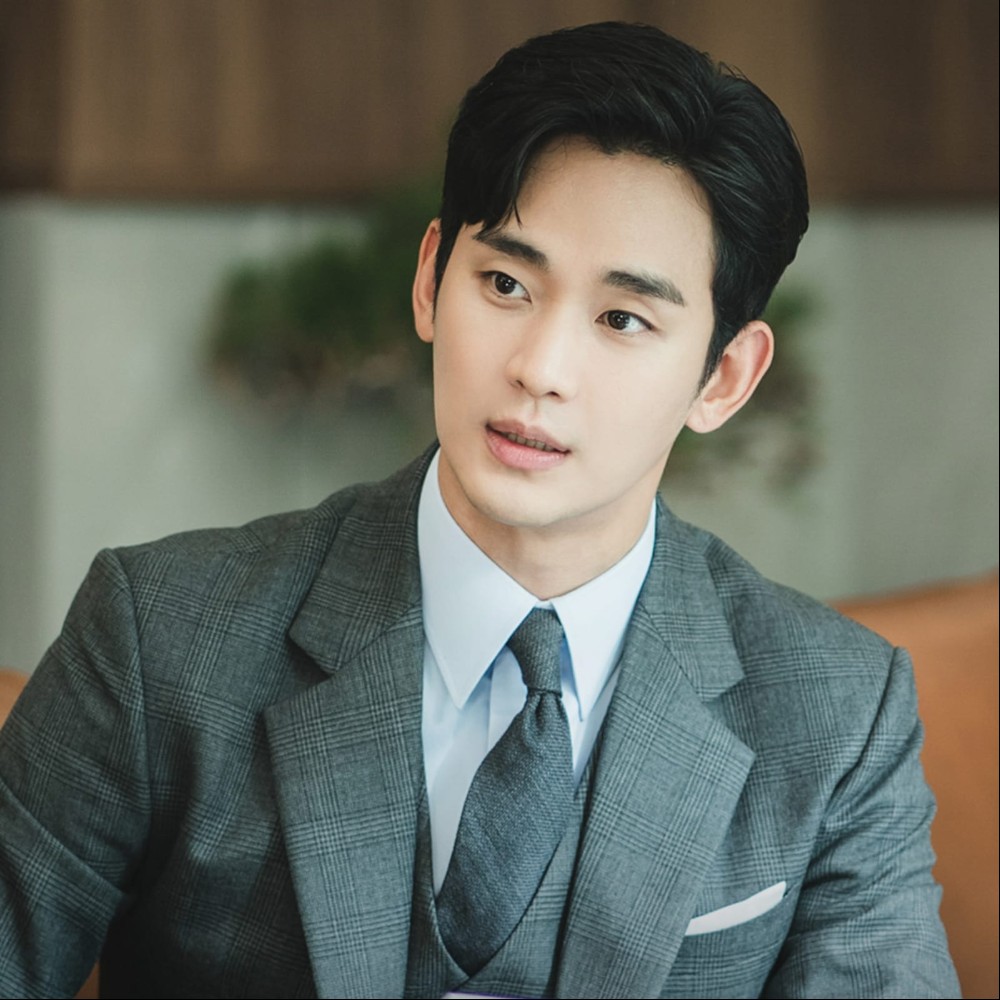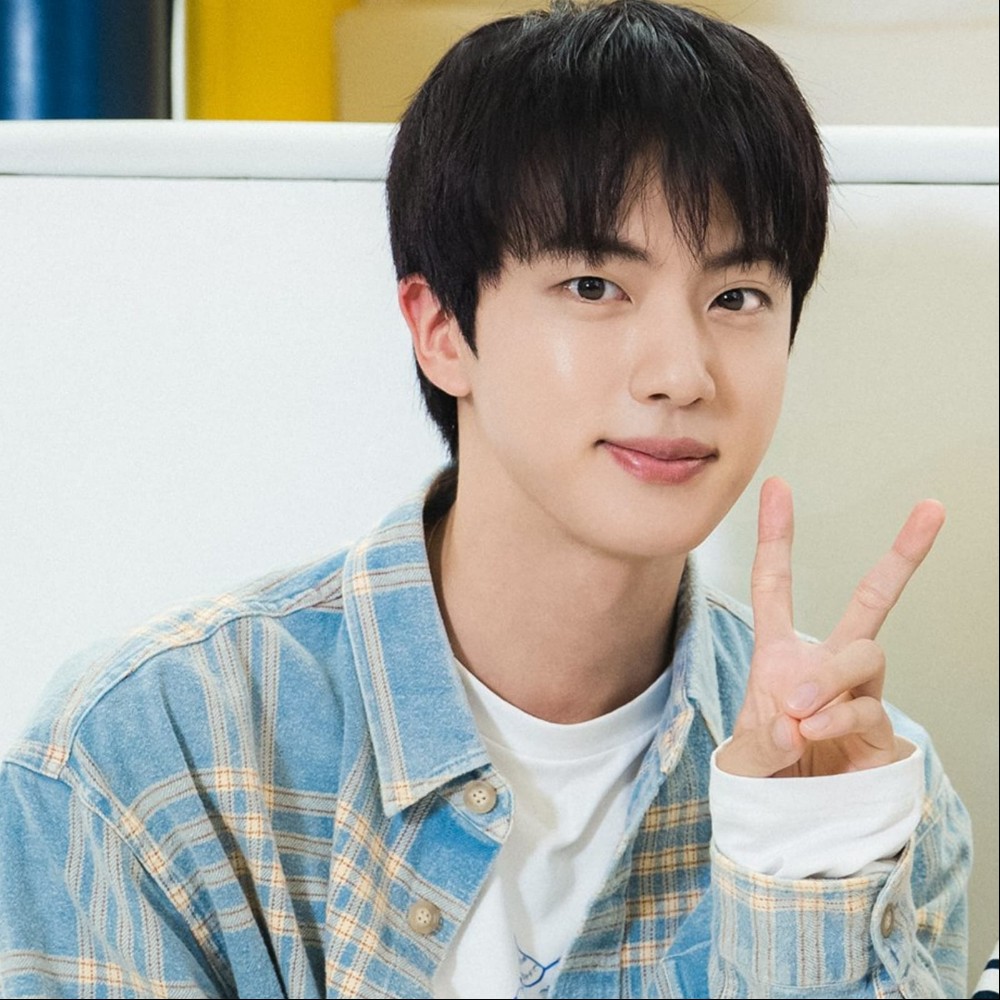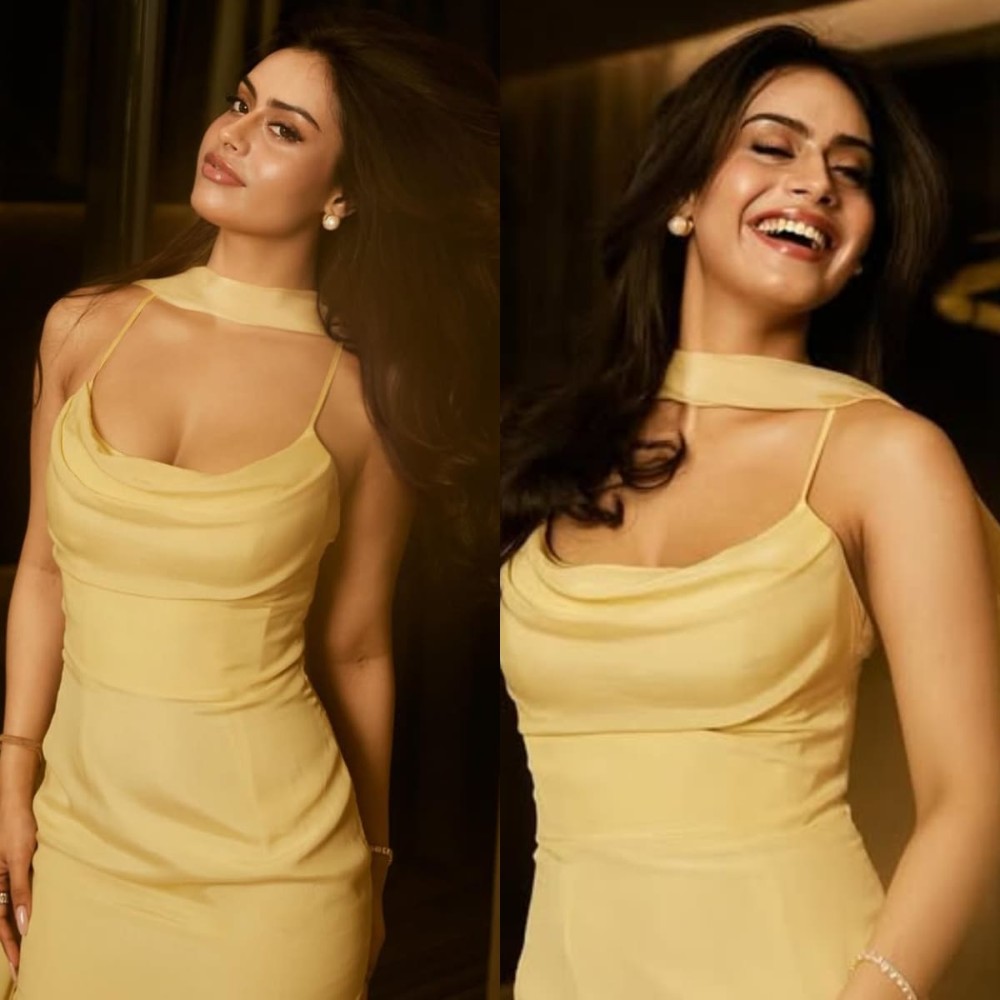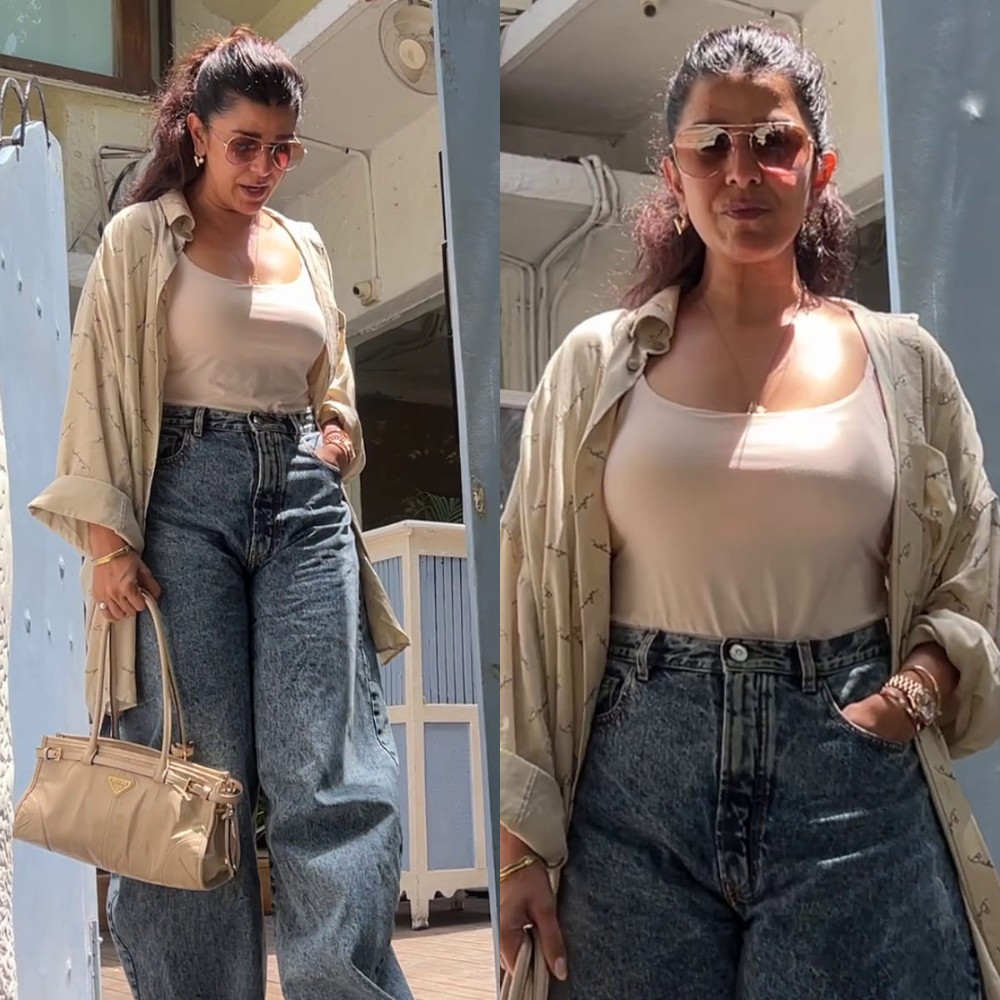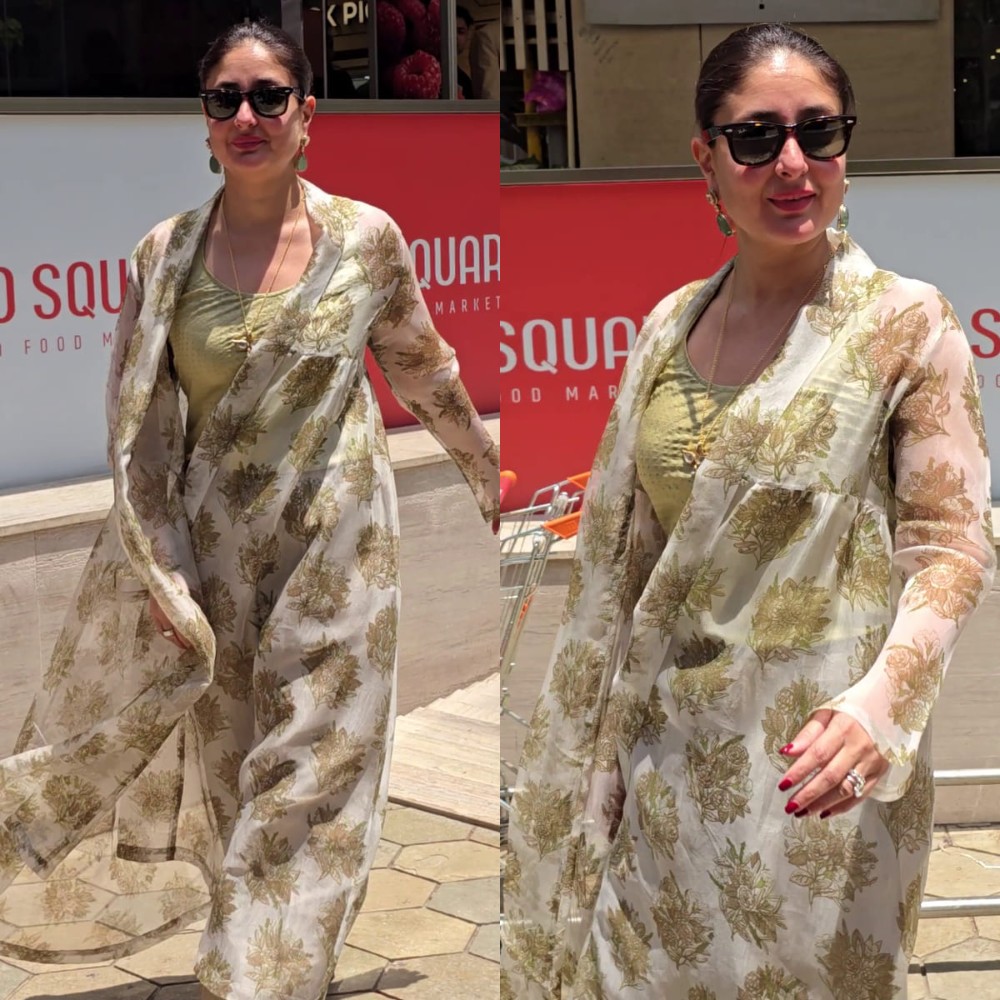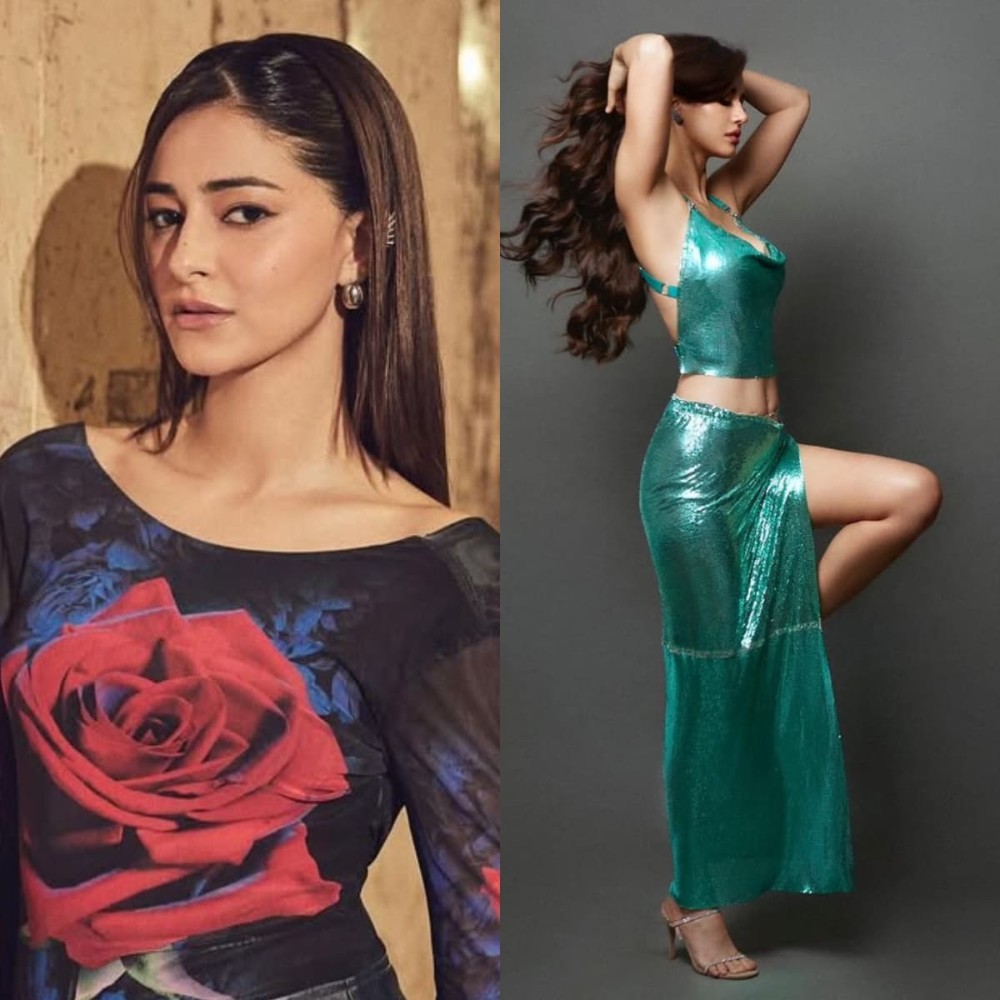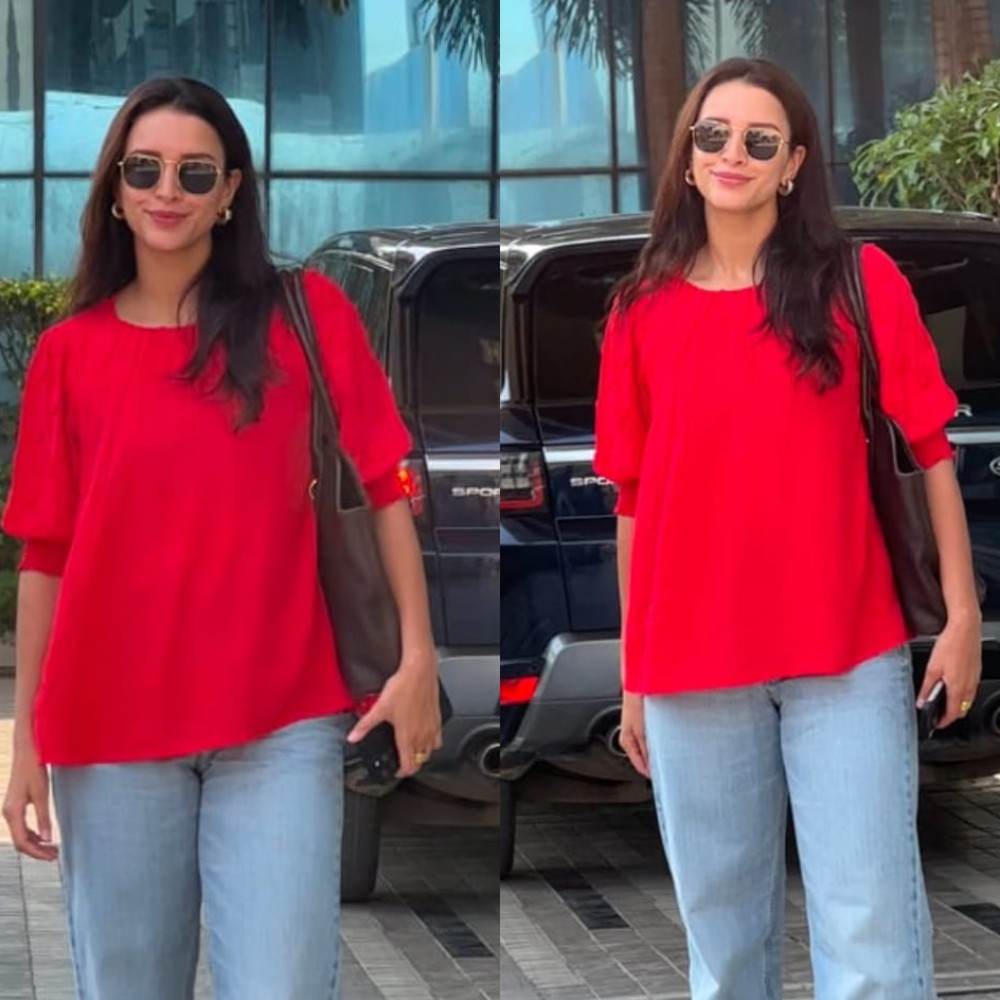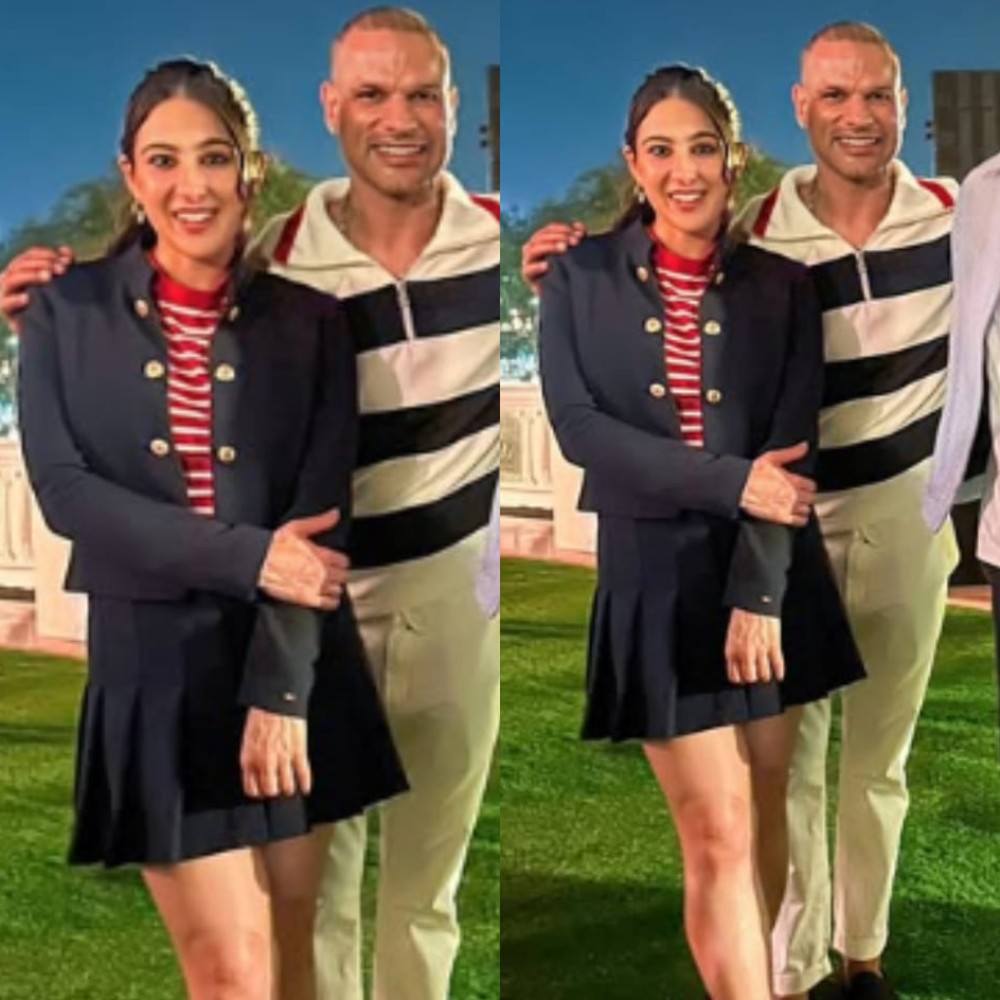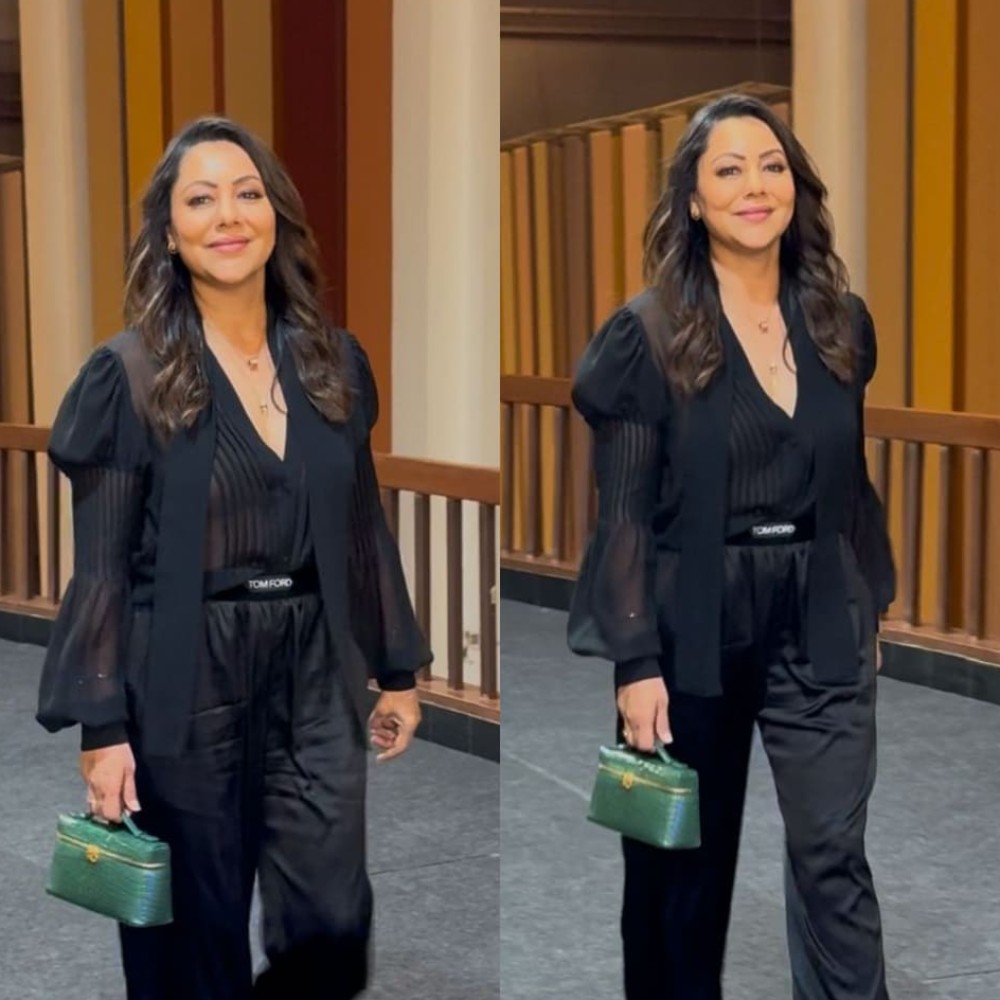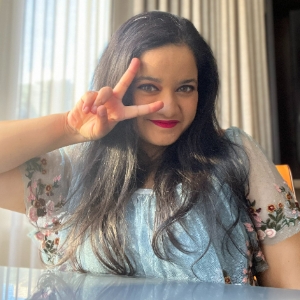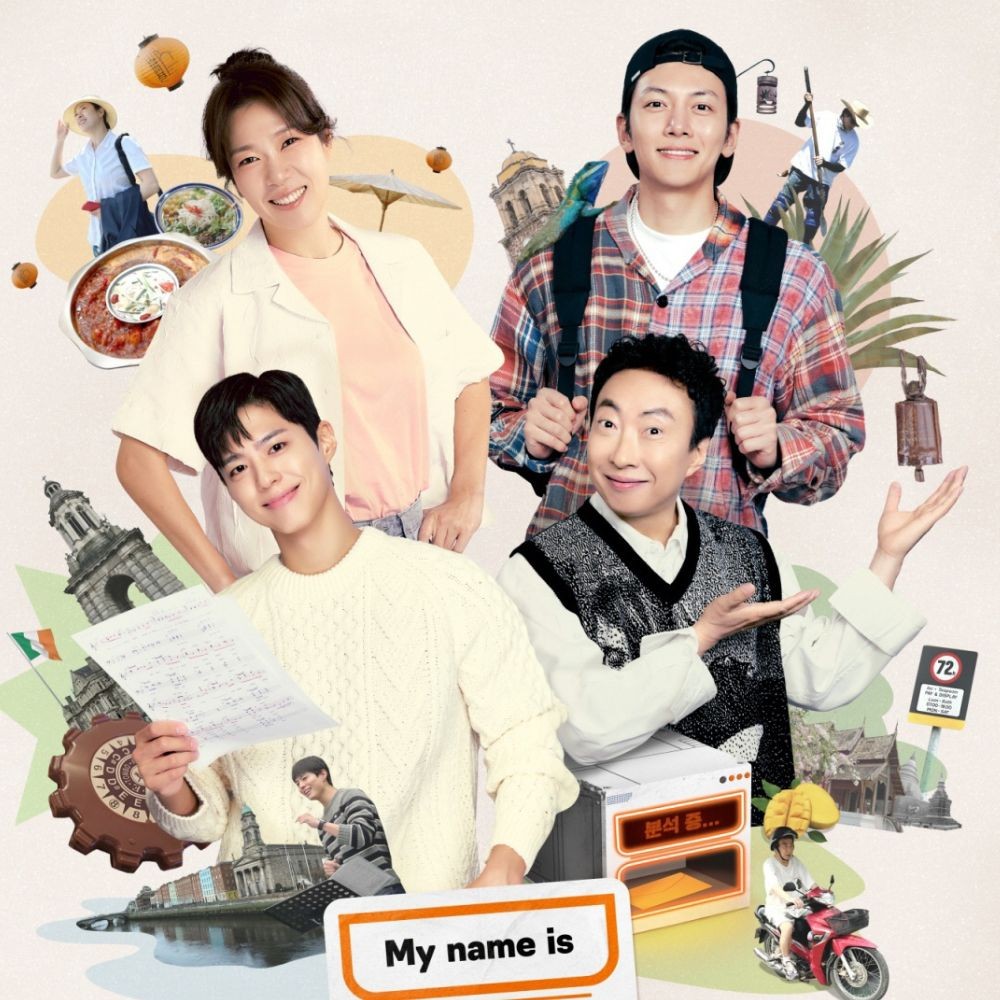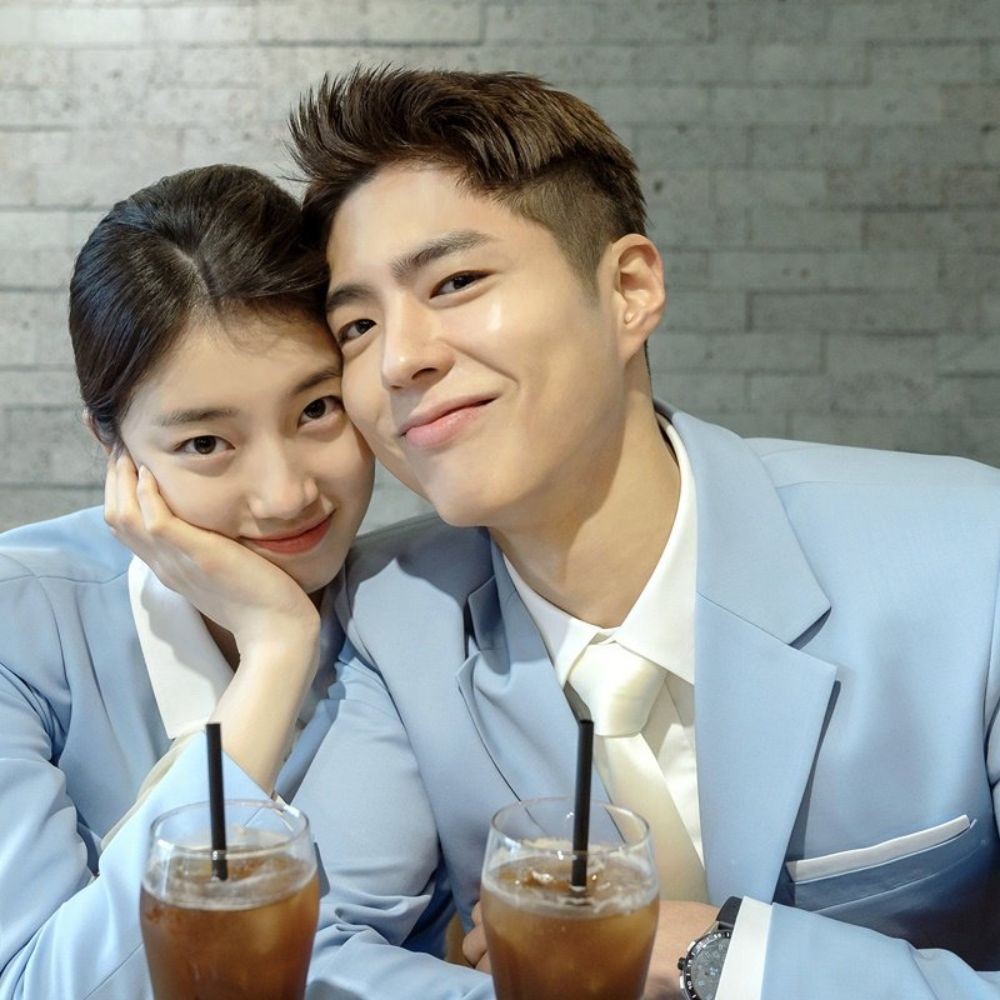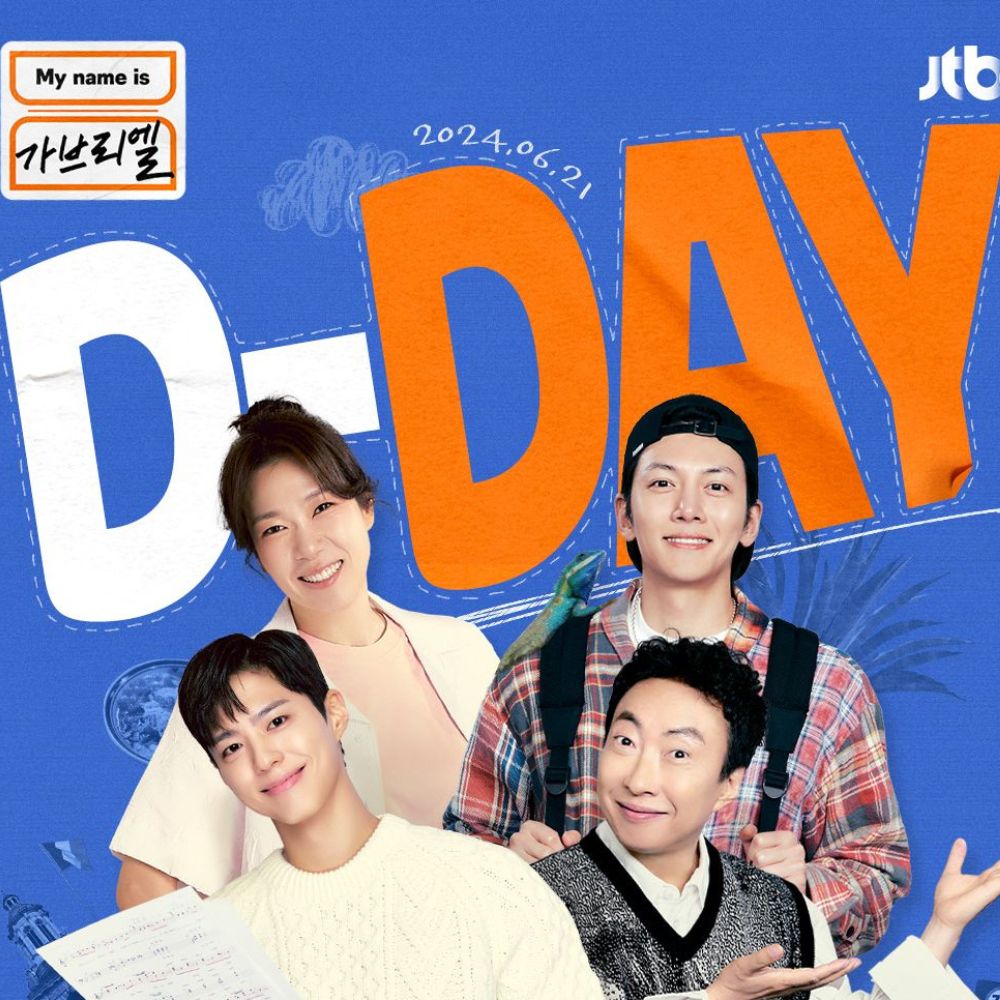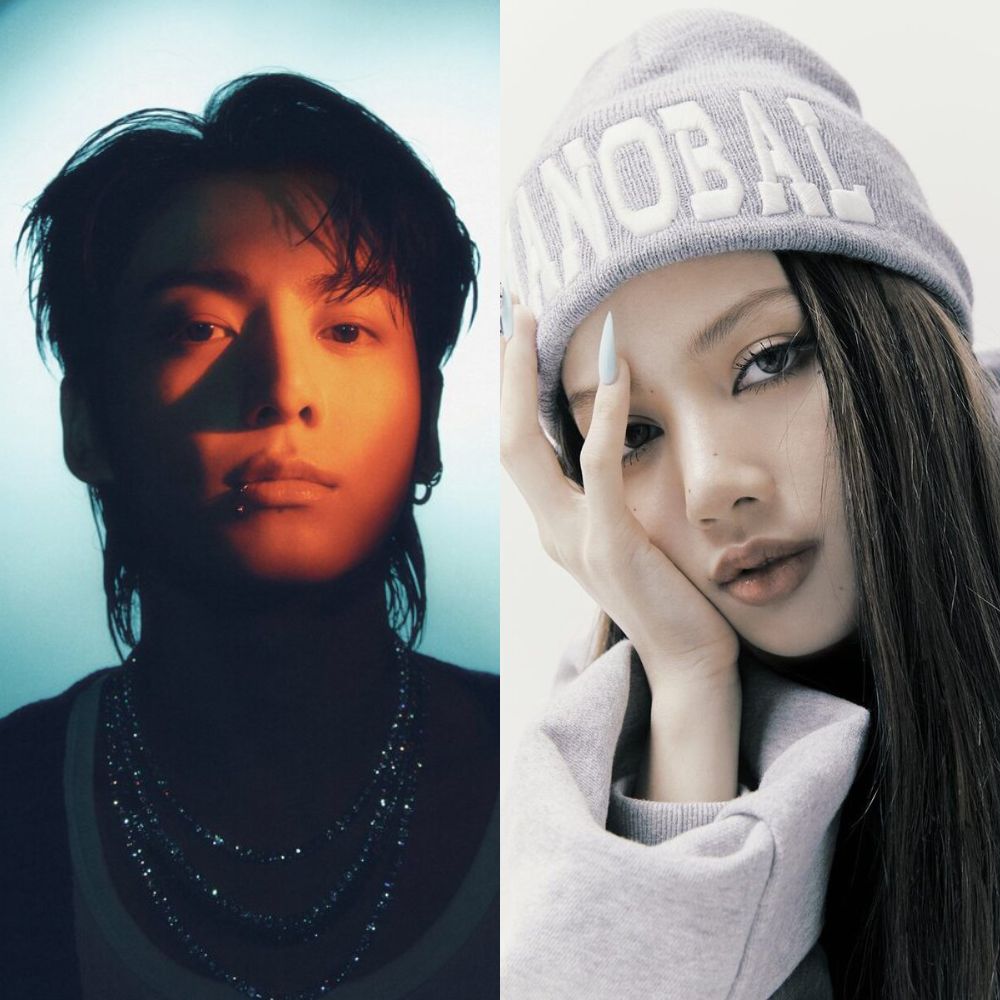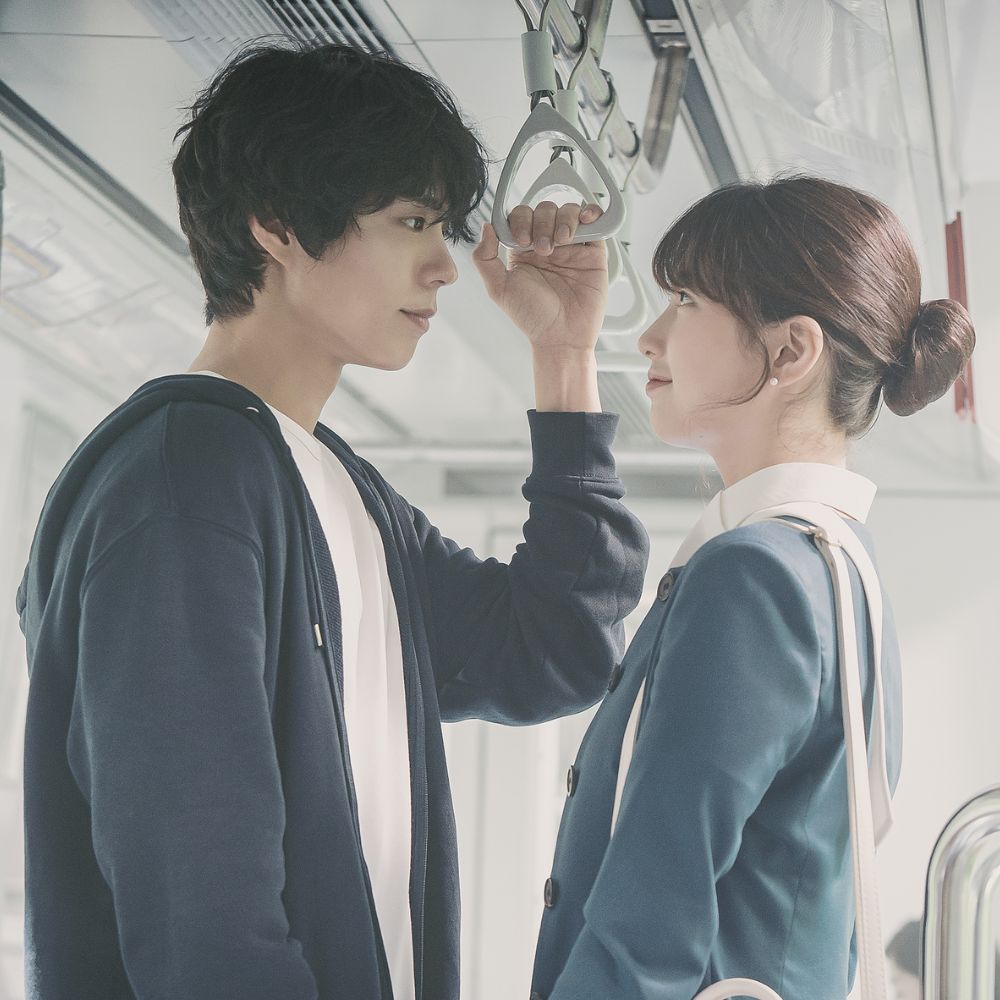Why Park Bo Gum & Park So Dam starrer Record of Youth's ending was never meant to be a typical 'happy ending'
It's been weeks since we've had to say goodbye to Record of Youth and while there's a major debate over the open ending, I share my thoughts on why the finale was as good as it gets.
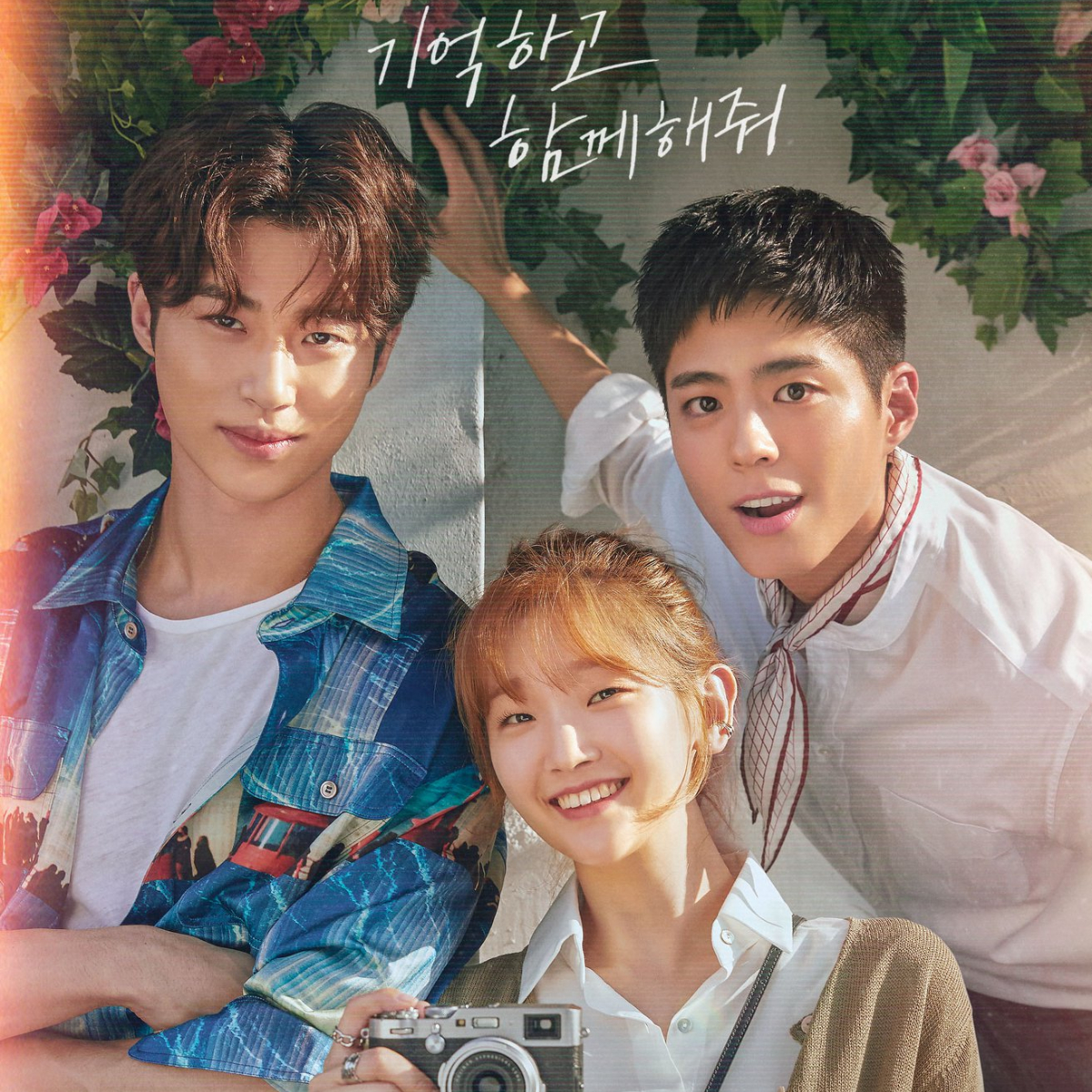
In the past few weeks, every time my mind ponders over Record of Youth and what it entailed after 16 episodes, I go back to Adam Levine's lyric from Lost Stars: "Youth is wasted on the young, it's hunting season." And while many have debated over the finale of the tvN drama, I share my two cents on why I felt it was the ending the lead characters deserved.
*SPOILERS ALERT* During the course of the series, we're focused heavily on three characters: Sa Hye-joon (Park Bo-gum), a model who is a struggling actor with a strict mindset when it comes to achieving his dream. Even if this meant being constantly berated by society and his own father, which many youthful individuals will relate to. On the other hand, Hye-joon's best friend Won Hae-hyo (Byun Woo-seok) is also a model and aspiring actor, albeit, born with a silver spoon along with an overbearing mother who could give Kris Jenner a run for her money. Let's not forget Ahn Jung-ha (Park So-dam), a practical go-getter who aspires to be a big makeup artist.
While the three main characters have their own individual traits and charms, what unites them is their exuberance to succeed in life. Each of them has a motivating factor that drives them (with a parental trap figure in place!) and through this journey of shifting from their 20s to 30s, we see ourselves in Hye-joon, Hae-hyo and Jung-ha. We see them through the good, the bad and especially the ugly. Because even at the brink of a young-life crisis, they never give up!
Many fans had a problem with how Ep 16 ended when it came to Hye-joon and Jung-ha's love story. But, from the get-go, I was always made to be in the know through the storyline that Record of Youth was never meant to be a love story. It was supposed to be a love letter to the confused youth, who get thrust into reality and have to fend for themselves while fighting for their dreams. In life, it's not always a 'happy ending' and that's not always a bad thing. Some relationships have an expiry date, not because the pair didn't love each other, it just wasn't the right timing or came in between a much larger goal.
I can’t complain at the ending scene as you truly can see that they’re both at a happier place and are successful in their own ways. Let the rest be our imagination.
Jung-ha wasn't selfish when she decided to break up with Hye-joon and even if one might feel that way, it was always her choice, to begin with. Seeing how her parents' marriage crumbled, she's always had to have a practical mindset when it came to love and as we leap into two years later, once Hye-joon returns from his mandatory military service, the look of fulfilment on both their eyes spoke wonders. If they had decided to work things out, who knows if they would have lasted the long-distance relationship. Instead, there could have been a scenario where they could have broken up much later and flat out loathed each other. Moreover, writer Ahn Gil-ho cleverly leaves the conversation between the two open-ended as now, in their 30s, they might have a different perspective on life and love. Maybe, just maybe, they even work things out. And even if they don't, it's not the end of the world.
As for Hye-joon's personal arc, the catharsis moment arrives during his conversation with his father Sa Young-nam (Park Soo-young) in which the latter apologises for not motivating him enough. Hye-joon confessed that he only ever wanted his dad's approval and now that he got it, he finally felt free. This stems from the fact that Young-nam's father Sa Min-gi (Han Jin-hee), who wasn't there for his son when he was younger dedicates his award for modelling to Young-nam. The juxtaposition sees Hye-joon earlier dedicating his Best Actor award to his grandfather and his mother Han Ae-sook (Ha Hee-ra) while snubbing his dad.
When it comes to Hae-hyo's character arc, I found it especially endearing that even when he was at the lowest of all lows, he refused to hate his mother Kim Yi-young (Shin Ae-ra) and that Yi-young never turned into a new leaf overnight and remained exactly the same. Hae-hyo decides to take charge of his own life and let his actions speak louder than words as enlisting to the military was solely his choice. While we're not sure if Hae-hyo was able to achieve the success that he so desperately craved, it was also a heartwarming thing to know that he never lost out on his friendship with Hye-joon. And that, at the end of the line, the three best friends - Hye-joon, Hae-hyo and Kim Jin-woo (Kwon Soo-hyun), still remained the strongest bond in the series. Moreover, the fact that Jung-ha never leads Hae-hyo on, as a potential love interest, even til the end when he informs her that he's enlisting to the military had a relatable quality attached, unlike typical love triangles we witness on-screen.
Even with Jin-woo, the fact that he decided to end things with Hae-hyo's sister Won Hae-na (Jo Yoo-jung) given their class difference, is again something that occurs in real-life. Instead of showing Yoo-jung as someone who can give up her elite life for love in a moment's notice, they showed the reality that it's not as easy as it is to adapt to an environment so alien from your own.
As I wrote earlier, Record of Youth's ending was never meant to be a 'happy ending,' it was meant to be a 'real' record of youth. "In your 20s, you learn to detach yourself from your parents' influence. Now, we're entering our 30s. The age at which you can no longer blame others," Hye-joon said it best.
In case you agree or disagree with my viewpoint on Record of Youth's ending being as good as it gets, do take over the comments section and share your thoughts with Pinkvilla.





 JOIN OUR WHATSAPP CHANNEL
JOIN OUR WHATSAPP CHANNEL








